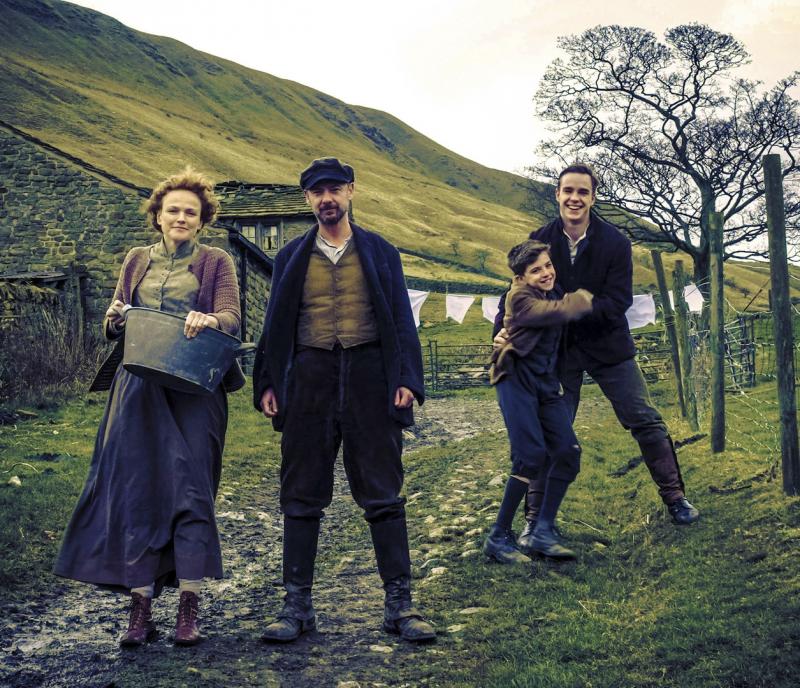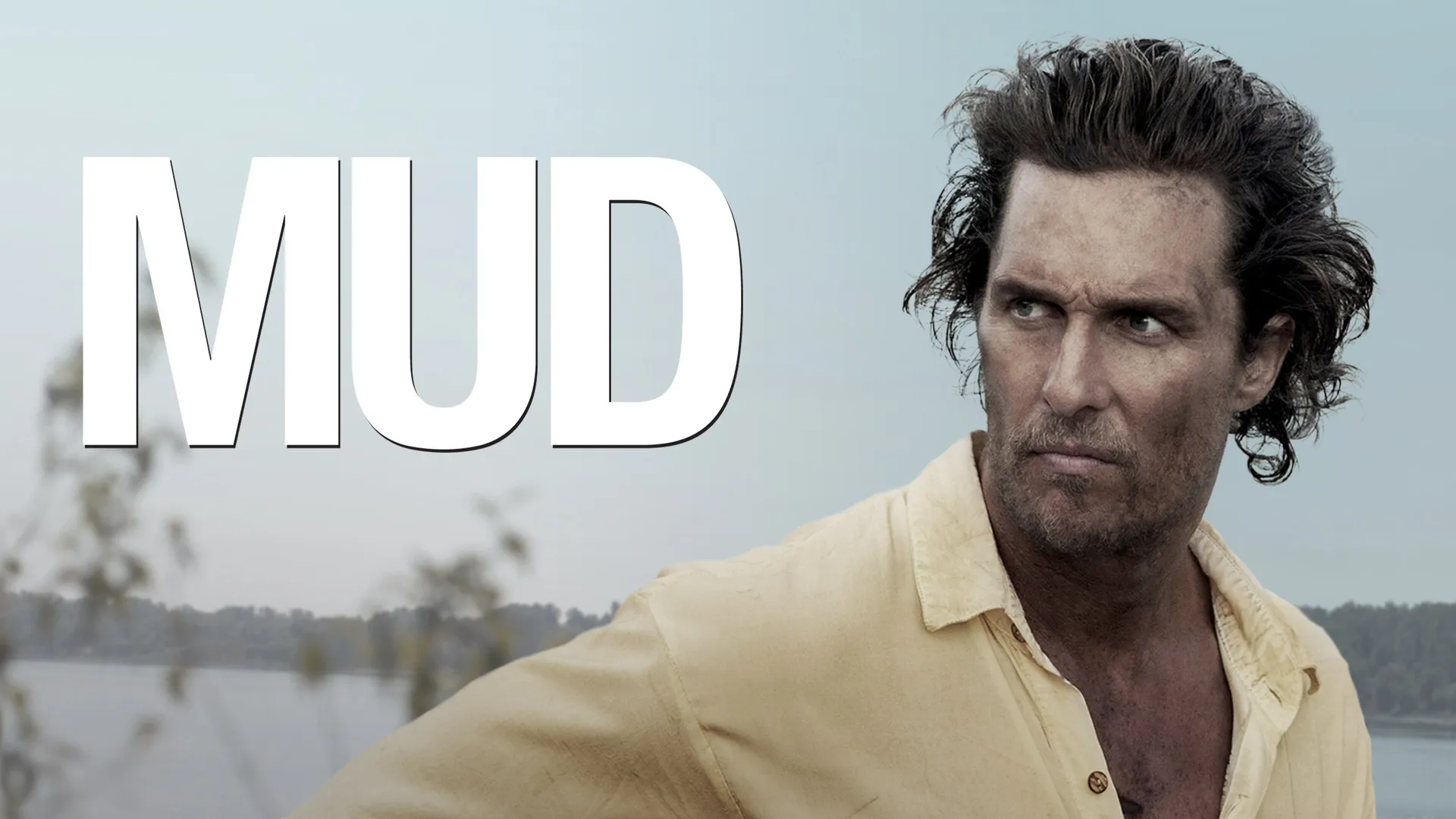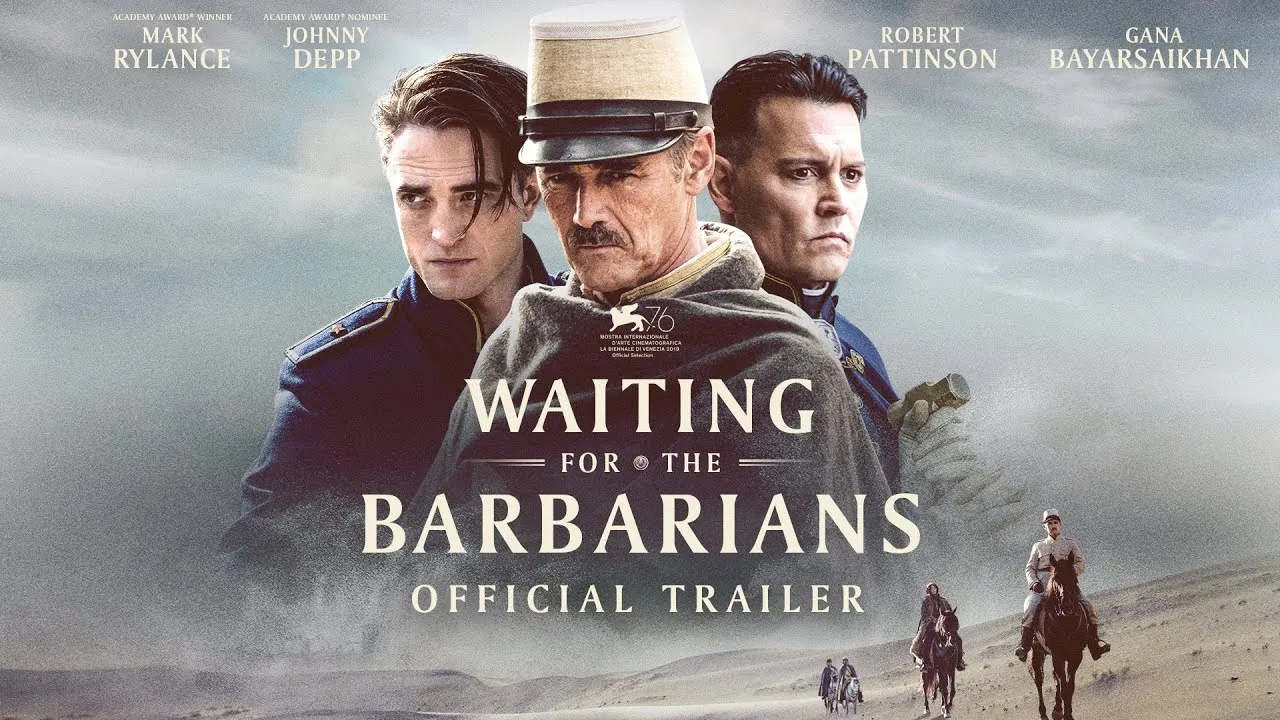Where war, love, and progress collide — through the eyes of those who lived it.
The Village is not just a period drama — it’s a historical reckoning, one told through the cracked hands and aching hearts of those who endured the storms of the 20th century. Created by Peter Moffat, this British series begins in a small Derbyshire village in 1914, just as World War I casts its first long shadow. But instead of focusing on generals and kings, The Village tells history from the mud — from the lives of farmers, schoolteachers, housemaids, and children.

The story orbits around Bert Middleton, a young boy growing up under the stern hand of his emotionally volatile father, John, and the weary resilience of his mother, Grace. Through Bert’s eyes, we witness the seismic changes that ripple through the countryside: the war effort, the fight for women’s suffrage, social reform, and the growing divide between tradition and progress. Yet the pace remains intimate, grounded not in spectacle but in lived emotion — love, loss, loyalty, rebellion.
The cinematography is earthy and raw, almost documentary in feel. Life in the village is hard — and The Village never sanitizes it. Fields are muddy, homes are cold, grief is constant, and joy is rare. But therein lies its power: it dignifies the struggles of ordinary people, those often lost in history’s footnotes. In this sense, it shares the spiritual DNA of War and Peace and Les Misérables, offering a long-form portrait of humanity under pressure, framed by the relentless march of time.

While only two seasons were produced, the ambition of the series was vast: to chart the full sweep of the 20th century through the soul of one village. What we’re left with is not a complete epic, but a haunting mosaic — a tapestry of resilience, cruelty, tenderness, and quiet revolution. In The Village, history doesn’t happen in palaces or parliaments. It happens in fields, kitchens, trenches, and hearts.
-1752716092-q80.webp)


